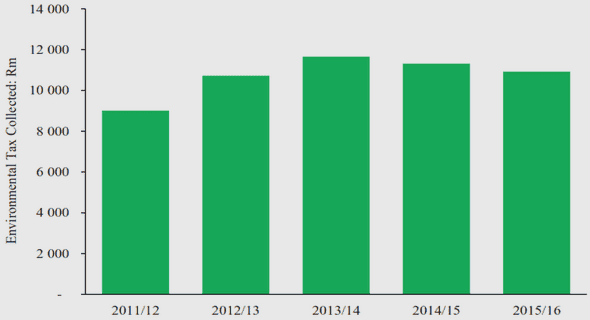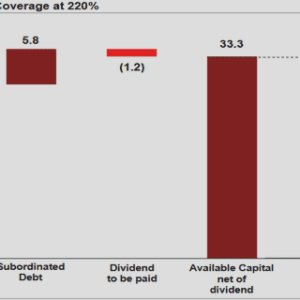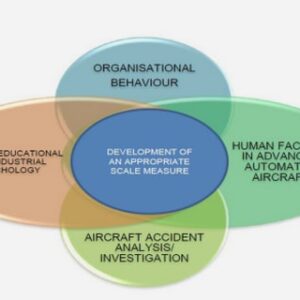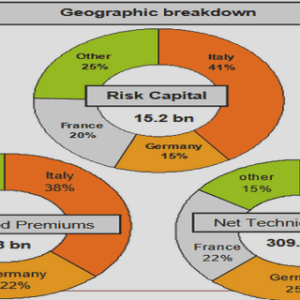(Downloads - 0)
For more info about our services contact : help@bestpfe.com
Table of contents
CHAPTER 1. INTRODUCTION
1.1 CHOICE OF SUBJECT
1.2 THEORETICAL BACKGROUND AND KNOWLEDGE GAPS
1.3 RESEARCH QUESTION
1.4 PURPOSE
CHAPTER 2. THEORETICAL FRAMEWORK
2.1 SUSTAINABILITY IN PROJECT MANAGEMENT
2.2 BALANCED OR HARMONISED CONSIDERATION OF SOCIAL, ENVIRONMENTAL AND ECONOMIC INTERESTS
2.4 SHORT-TERM AND LONG-TERM ORIENTATION
2.5 VALUES AND ETHICS CONSIDERATION
2.6 TRANSPARENCY AND ACCOUNTABILITY CONSIDERATION
2.7 RISK REDUCTION
2.8 STAKEHOLDER PARTICIPATION
2.9 CONSUMPTION OF INCOME AND NOT CAPITAL
2.10 CONCLUSION
CHAPTER 3. METHODOLOGY
3.1 RESEARCH TYPE
3.2 LITERATURE SEARCH
3.3 RESEARCH PHILOSOPHY
3.3.1 Ontology
3.3.2 Epistemology
3.3.3 Axiology
3.4 RESEARCH APPROACH
3.5 METHODOLOGY
3.6 RESEARCH STRATEGY
3.7 TIME HORIZON
3.8 DATA COLLECTION AND ANALYSIS
3.8.1 Data collection method
3.8.2 Data sampling
3.8.3 Data analysis
3.9 ETHICAL CONSIDERATION
3.10 PRACTICAL METHOD
3.10.1 Interview guide
3.10.2 Conducting the interview
3.10.3 Transcribing the interview
3.10.4 Research process
3.11 QUALITY CRITERIA
CHAPTER 4. EMPIRICAL FINDINGS AND ANALYSIS
4.1 CASE STUDY INTRODUCTION
4.1.1 Case Study I – Pharmaceutical drug testing
4.1.2 Case Study II – IT solution development
4.1.3 Case Study III – Automobile component packaging solution
4.1.4 Case Study IV – Railway electronics design and delivery
4.1.5 Case Study V – Furniture manufacturing for office space
4.1.6 Case Study VI – 100% sustainable coffee production
4.2 EMPIRICAL FINDINGS
4.2.1 Balanced or harmonised consideration of social, environmental and economic interests
4.2.3 Short-term and long-term orientation
4.2.4 Values and ethics consideration
4.2.5 Transparency and accountability consideration
4.2.6 Risk reduction
4.2.7 Stakeholder participation
4.2.8 Consumption of income and not capital
4.2.9 Redefining sustainability in project management
4.3 EMPIRICAL ANALYSIS
4.3.1 Balanced or harmonised consideration of social, environmental and economic interests
4.3.3 Short-term and long-term orientation
4.3.4 Values and ethics consideration
4.3.5 Transparency and accountability consideration
4.3.6 Risk reduction
4.3.7 Stakeholder participation
4.3.8 Consumption of income and not capital
4.3.9 Redefining sustainability in project management
CHAPTER 5. CONCLUSIONS AND RECOMMENDATIONS
5.1 CONCLUDING REMARKS
5.2 MANAGERIAL IMPLICATIONS
5.3 THEORETICAL CONTRIBUTIONS
5.4 LIMITATIONS
5.5 RECOMMENDATIONS FOR FUTURE RESEARCH
REFERENCE LIST
APPENDICES
Appendix 1 – Consent form.
Appendix 2 – Interview questions
Appendix 3 – Interview guide
Appendix 4 – Thematic guide



